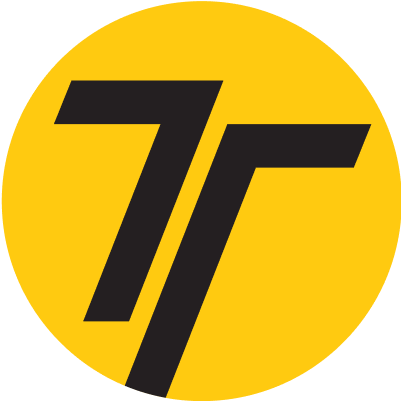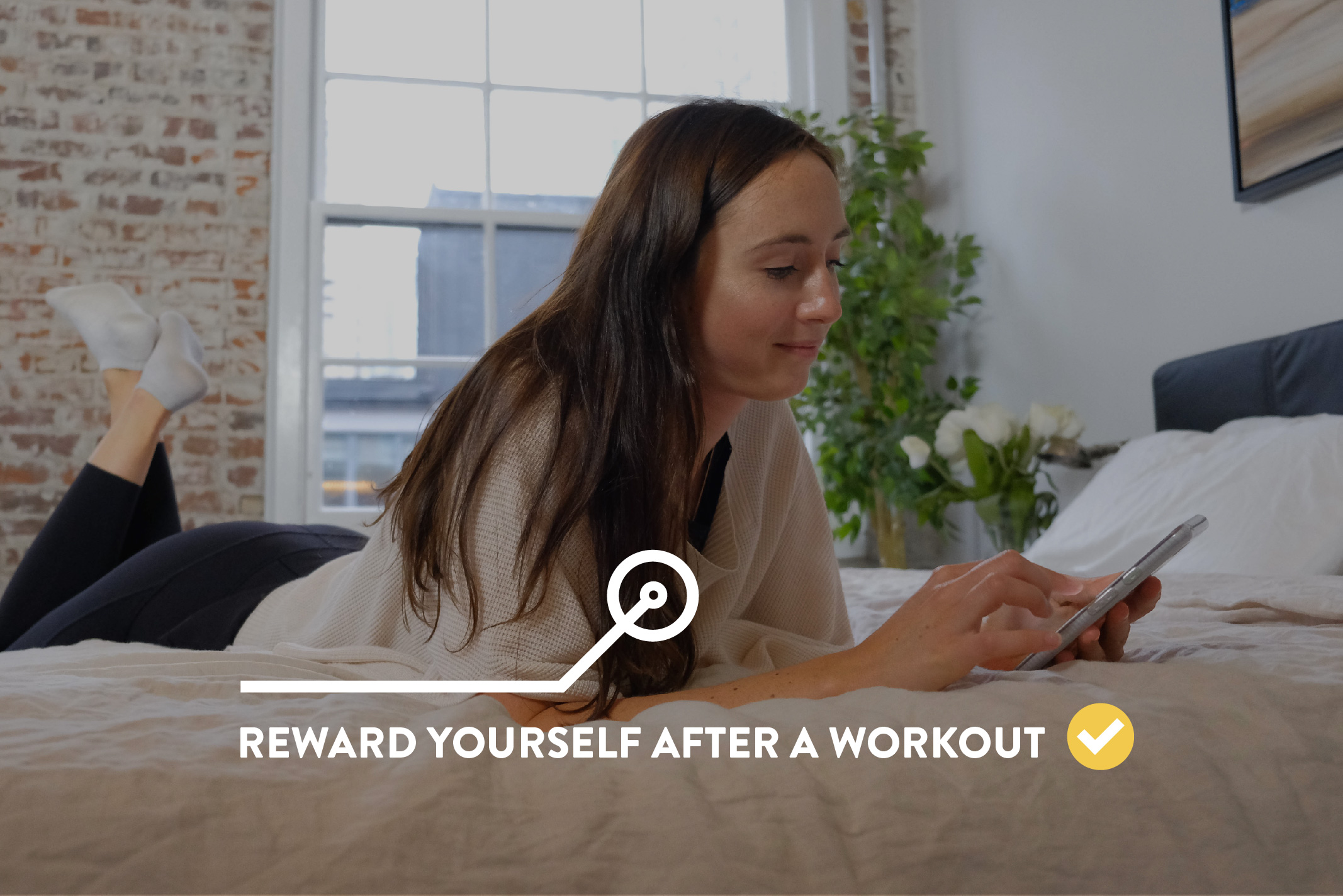Your client just logged another workout. Blood pumping. Sweat dripping. Endorphins floating. They head to the change room and shower. Get changed and go to work. But you missed it. And so did they. One of the crucial aspects of habit building: reward.
Yeah, yeah…you and I as fitness professionals love the feeling of a great workout. We have years of finding and reinforcing the intrinsic rewards. Seeing the results and benefits. The feeling of achievement. The sensation of pushing our limits. Heart rates up. Pumping out. Just talking about getting swole is sending me. But research shows most people dislike working out [1].
So when you have a client who is just starting to exercise we need to hack the habit loop. Habit loop: cue, behavior, reward [2]. A habit loop is the process that develops automated behaviors. Hacking this loop allows people hoping to make long-term behavior change to do so [3]. The problem with many rewards from exercise is they often happen in the long run [4]. Examples: fat loss and muscle gain.
Hacking the habit loop to reinforce exercising regularly
Immediate reward. That’s what we are all looking for when we grab those sugary snacks, play video games, check likes on Insta, or binge the latest season of whatever on Netflix. If these are the things that reinforce our bad habits, a simple solution is to use these to reinforce the behaviors we want to do—aka good habits!
Rewarding good habits
The typical way to reinforce using rewards is to get them immediately after a workout. Do a 20 minute HIIT workout, get a protein shake. An hour of weights, snack on some dark chocolate immediately after—15 minutes later is too long to wait. And generally, anything that helps pump up your dopamine response in your brain is best.
There is some debate over whether using food as a reward for working out is counter productive5. Food as a reward is definitely client dependent. Ideally, the rewards used post-exercise will be non-food based. Especially for clients who are trying to lose weight. This can be trickier to pinpoint.
Some of your clients will want to reward themselves with hanging out and chatting (social reward), or some will want to do nothing (rest and relaxation) [6]! A great meditative stretch session post-workout can be a great way to reward and means of restoring the body’s muscles.
If you’re really looking forward to hacking the loop to that next level sh*t, tie the reward into the exercising itself [7] [8] [9]! Here’s an example. Do you like watching TV when you get home from work? Simple. Get on a spin bike while you watch your shows. Boom. Instant gratification, plus the reward of working out. That’s how you get exercise to become a habit!
Teaching clients to reward themselves
In order to figure out how to help clients minimize their perceived cost to the present (eating less unhealthy [delicious] foods) to reach their long-term goals (getting lean), you need to first find out what your client finds rewarding [10]. Is it reading? Watching TV? Relaxing in bed with coffee?
Once that first step is completed, figure out a way to satisfy that same craving their favourite reward usually satisfies. An example of this would be if a client’s favorite thing to do is to chat with friends while out for drinks. The core of this is a reward is the socializing aspect. To provide this as a reward for their workouts, mix in the social aspect but encouraging group classes, chatting during a stretch session at the end of a workout or getting them to engage online in a fitness group in an app like Trainerize.
Lastly, double-check that the reward can be delivered immediately after a workout. In the above example, even an online client can get a social reward. A client can chat with their online trainer and/or Trainerize training group as soon as they’re completed their workout and are stretching.
You can consider yourself woke to rewarding your clients in the best habit-forming way possible!
Post workout rewards in a nutshell:
- To build habits, rewards for “good habits” (like exercising) needs to be received during and/or immediately after.
- Rewards should increase dopamine levels in the brain.
- Rewards need to be perceived as rewarding for the client.
References:
- https://www.psychologytoday.com/us/blog/shrink/201411/the-real-reason-we-dont-exercise
- https://www.healthline.com/health/mental-health/habit-loop#components
- https://www.precisionnutrition.com/instant-gratification
- https://www.psychologytoday.com/ca/blog/the-athletes-way/201609/one-two-punch-cue-and-reward-makes-exercise-habit
- https://www.health.qld.gov.au/news-events/news/ask-an-expert-reward-punish-children-with-food
- https://blog.fitbit.com/workout-rewards/
- https://www.elitedaily.com/p/how-to-reward-yourself-after-a-workout-according-to-experts-6787768
- https://blog.johnsonfitness.com/blog/the-best-way-to-reward-yourself-for-working-out/
- https://www.psychologytoday.com/ca/blog/consumed/201907/how-incentives-can-build-good-habits
- Judah, G., Gardner, B., Kenward, M.G. et al. Exploratory study of the impact of perceived reward on habit formation. BMC Psychol 6, 62 (2018) doi:10.1186/s40359-018-0270-z

